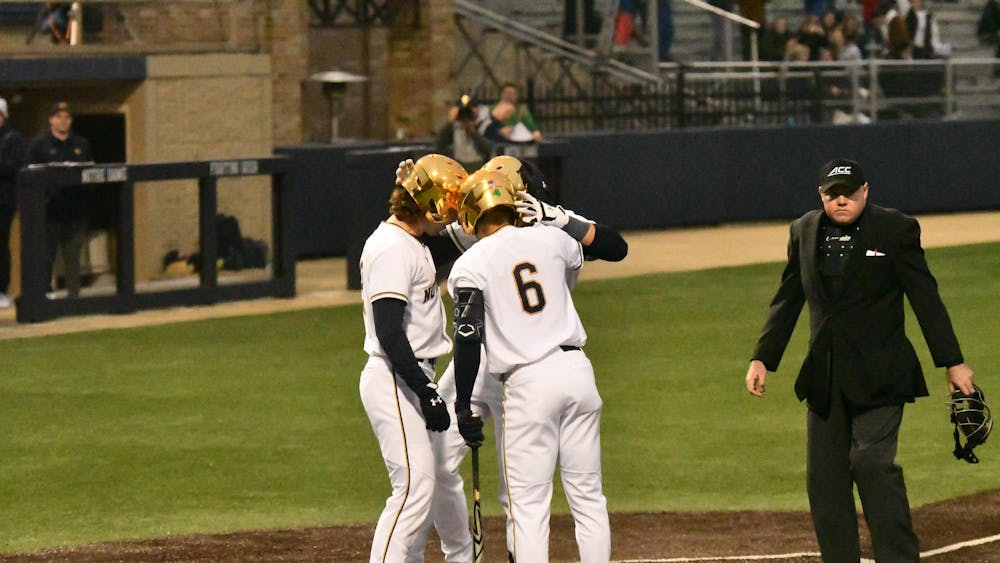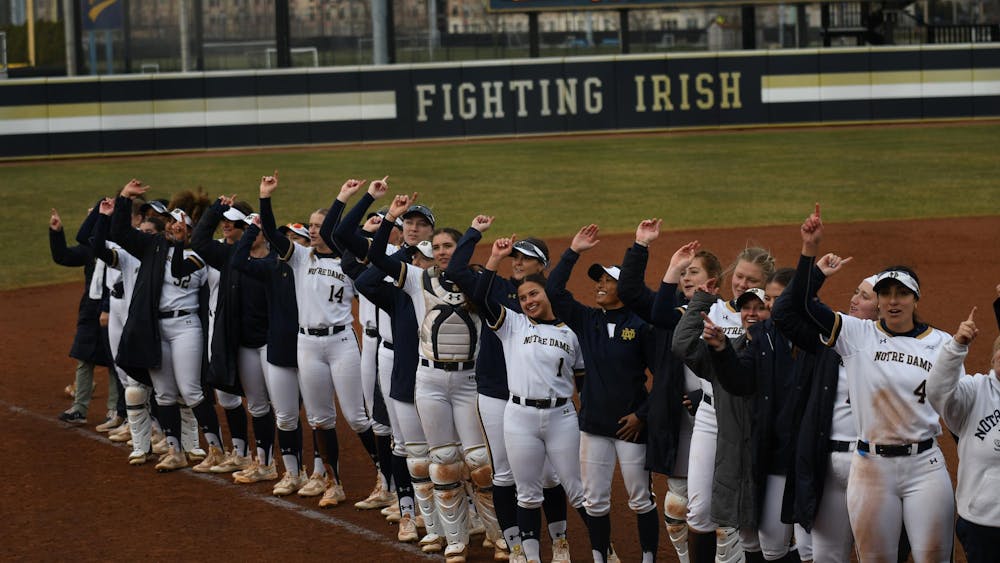Sports often bring out the best and worst in people. Moments of triumph, personal goals being achieved and the unity of a passionate fan base are just some of the things that help make the nature of these competitive contests so special. But at the same time, inappropriate conduct and poor sportsmanship from athletes and over-the-top behavior from fans can signify a more disturbing side.
And with the increase of social media in our digital world, these actions, and others, are exemplified all too well.

Look around and it is not too difficult to see the impact that Twitter has made on the sporting world. Much of that impact is in a positive way. Never before have fans and athletes been able to interact so frequently, with fans being able to follow their favorite athletes and their daily lives. Fans can also send messages directly to their favorite athletes and the athletes will often interact back, either through a direct response or a retweet. The NFL is even going so far as to allow players to use Twitter on the sideline at the Pro Bowl this weekend.
Many would argue this connection of knowing where an athlete is at a given moment or what he's eating for dinner is a little too personal, which is perhaps true. At the same time, it is up to that athlete to monitor what they tweet and even who follows them if they wish. Typically, if they tweet often, they are more than happy to share that said connection with the fans who love them.
In addition, Twitter is a great way for fans to follow the beat writers for their teams to get the latest up to date information, as it's developing. Breaking news has been leaked on Twitter in the past and fans can even ask the journalists who cover the sports and teams they follow detailed questions to be answered on the site. This provides an increased access to information and knowledge never before seen.
But for all of its good, there are lots and lots of ways for Twitter to be misused which can have devastating consequences.
Any Irish fan that follows recruiting has heard of Yuri Wright, who just last week was kicked out of Don Bosco Prep in New Jersey shortly after sexually and racially inappropriate tweets were discovered on his Twitter account. The four-star cornerback was believed to have Notre Dame and Michigan high on his radar before committing to Colorado on Tuesday. While only Wright and the coaching staffs know for sure, it seems likely the Irish and Wolverines both removed their respective offers due to his conduct.
Fans can also use Twitter in a negative fashion, as displayed by the recent threats directed toward Kyle Williams. Williams fumbled two punts during the San Francisco 49ers' overtime loss to the New York Giants in the NFC Championship on Sunday and was promptly bombarded by hate and death threats via the social media site. Needless to say, this behavior is disgusting at best and potentially very dangerous at worst.

Even sports broadcasters and writers — who are supposed to exhibit journalistic integrity — aren't immune. Dave Hodge, a broadcaster for TSN (Canada's version of ESPN), recently came under fire for a tweet about Boston Bruins goaltender Tim Thomas, after Thomas declined to visit the White House when President Obama honored his team's Stanley Cup championship. Hodge happened to point out that "Thomas has three children named Kiley, Kelsey and Keegan," implying Thomas has loyalties to the KKK. TSN has since said the embarrassing tweet was "in poor taste," and the matter will be handled internally.
Twitter is an impressive phenomenon that, if used effectively, can help connect athletes, sportswriters and fans in a way never before possible, thereby increasing our passion for and knowledge of the games we love. But it can also lead people to take a game way too far and cause regrets they will live with for a long time. Let's all — players, coaches, administrators, journalists and fans alike — try to hold Twitter use to the former.












